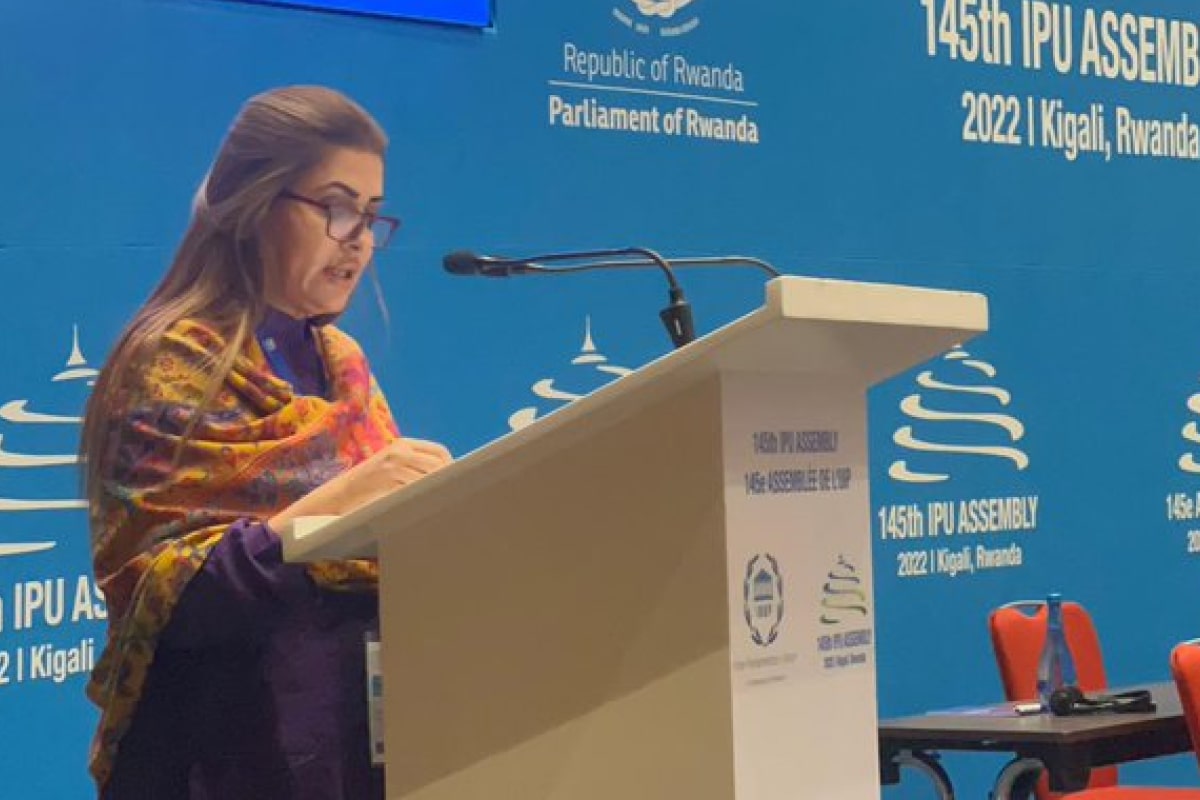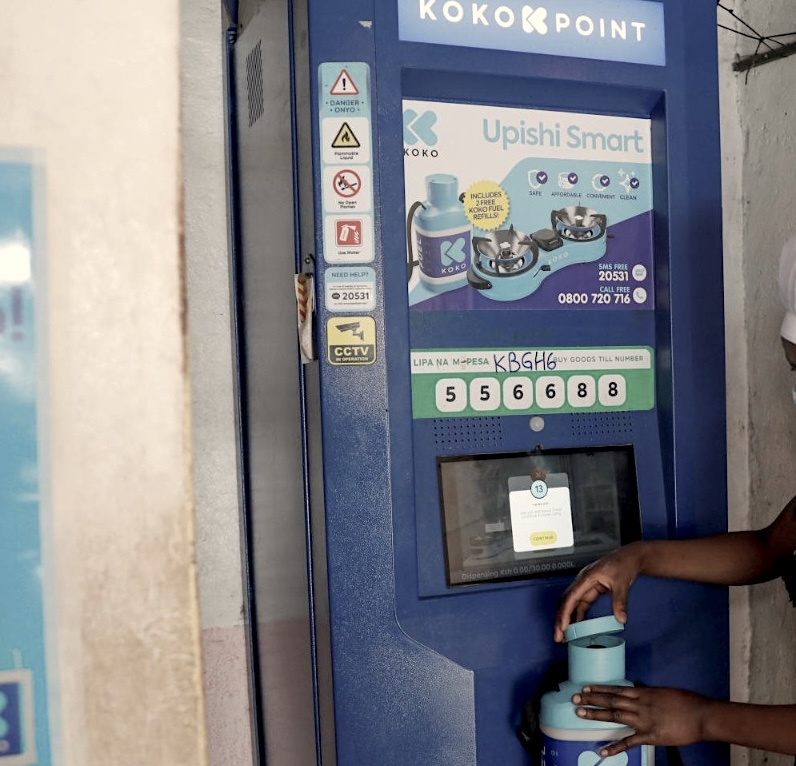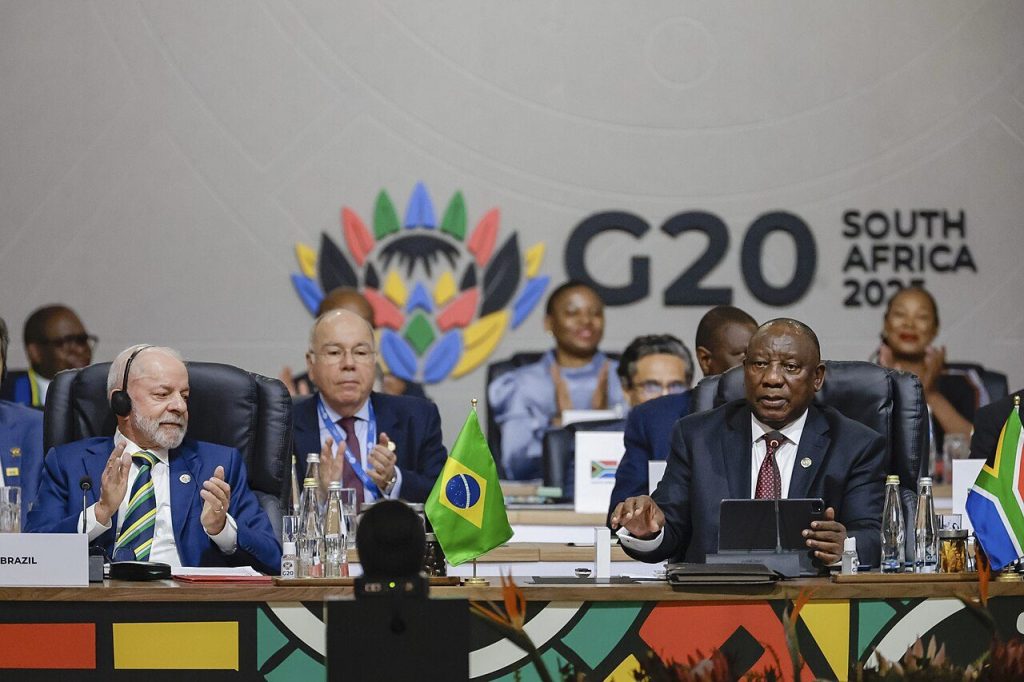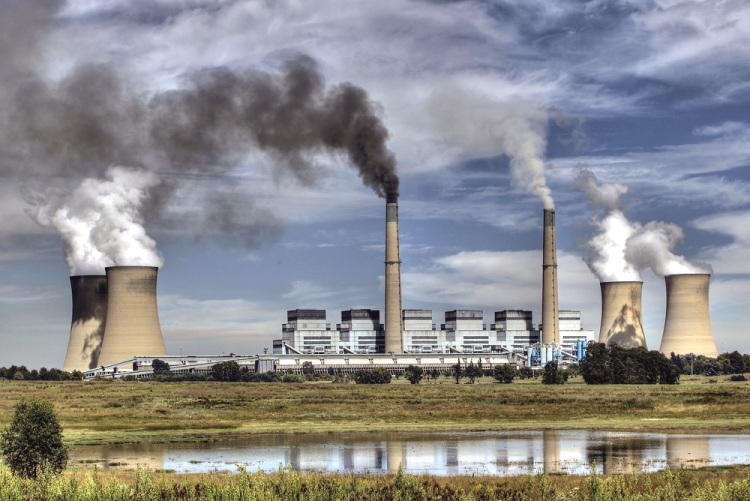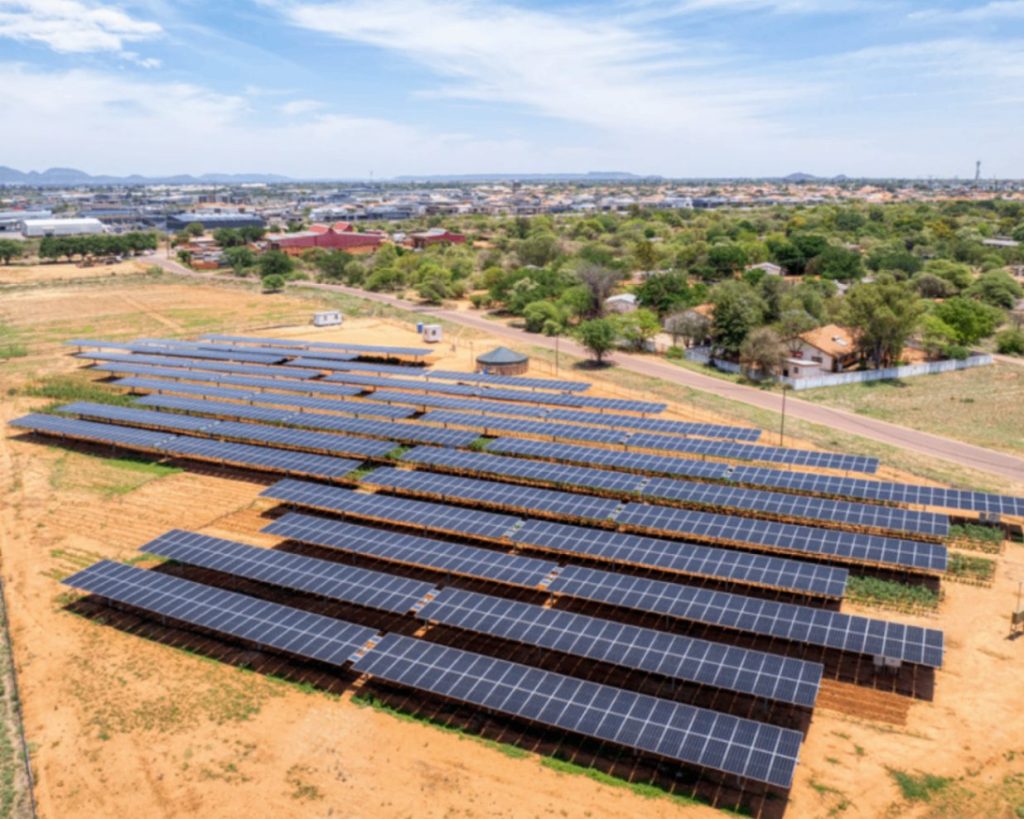At the 145th Assembly of the Inter-Parliamentary Union (IPU) that took place in Kigali, Rwanda, on 11-15 October 2022, Pakistan put forward an emergency proposal for a resolution on the creation of “a Global Fund/Financing facility for climate Vulnerable Countries to Address Loss and Damage Associated with Climate Change”. The resolution succeeded, securing 645 votes in its favour and 433 votes against it, out of a total of 1078 votes. The Arab Group expressed its full support for the resolution. Surprisingly, reports from attendees suggest that Nigeria was one of the countries to vote against the resolution, only itself to suffer from devastating floods a few days after the IPU vote. The floods killed more than 600 people died and displaced 1.3 million.
The request for a resolution comes after Pakistan suffered unprecedented levels of destruction and loss of life from recent flooding. The resolution underscores the need to provide urgent financial support for Pakistan’s relief operations, but it also calls on the “international community” to allocate half of the promised $100 billion in climate finance towards adaptation, and to “establish a finance facility to compensate developing countries for loss and damage”. It further emphasised the importance of developed countries achieving “net minus” emissions reductions by 2050.
The IPU is a global organisation of national parliaments with 178 Parliaments and 14 Associate Parliaments. Each year it holds two global Assemblies, to address issues on the international agenda. Whilst its resolutions are not legally binding, they are influential and an expression of Parliamentary sentiment on pressing global issues. Its positions are important insofar as they can inform and guide executive action of Member States, particularly in advance of COP27. Whilst Parliamentary positions do not necessarily guarantee that executive action will follow suite (see for example the recent position of the EU Parliament and EU Council of Members), they can hold considerable sway.
The importance of garnering support of national legislatures was underscored by the position of the US expressed last week, by US Special Presidential Envoy on Climate, John Kerry. In an interview with Time, he stated that the US is “open to discussions” on a loss and damage finance facility. He noted that that anything that was “legally, statutorily required with some sort of legal process” is a non-starter, meaning that it would not work if Senate and Congressional approval was required. He stated that “anything that is legally binding would require Senate approval, which would be slow if it comes at all. The Administration has significant sway over funding, but it also requires congressional approval.” He also noted that calculations of responsibility need to reflect recent emissions from countries that have expanded their use of coal. China was not named but this is presumably a reference to it. He also stated that any agreement that implied legal liability, for example by using the word reparations, would be a dealbreaker. Whilst not being express on the issue, the indicative position of the US appears to be that sources of finance should rather come from existing institutions, such as the World Bank and IMF.
The call for a dedicated loss and damage facility echoes those of the G77 and China which put forward such a proposal at COP26 in Glasgow last year, which developed countries have rejected. Instead, Parties agreed to a two-year dialogue on the question of loss and damage finance. It is anticipated that this issue will become one of the big-ticket negotiation items at COP27 in Sharm El Sheikh, Egypt in November this year.

